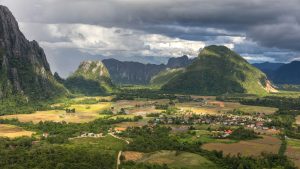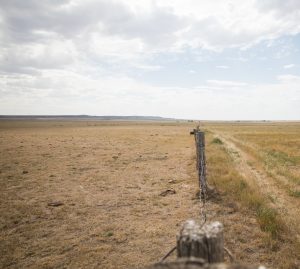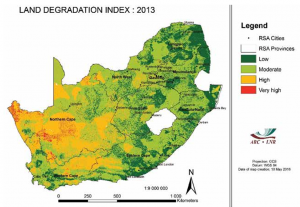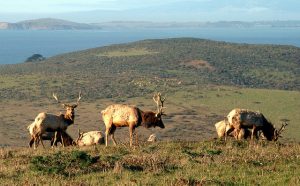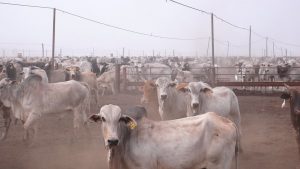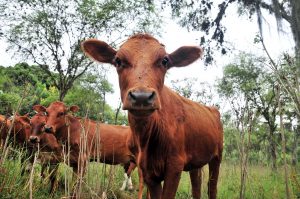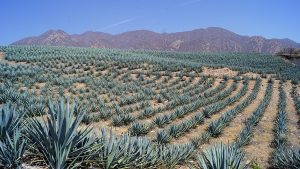Swidden, Rubber, and Agroecological Possibilities in Upland Laos
Global food insecurities remain a critical developmental issue with as many as 783 million people facing chronic hunger (World Food Programme, 2023). While the reasons behind food insecurities remain complex, they are bound to deteriorate further if we fail to address the problem of increasing land degradation. Land resources, such as soil, water, and biodiversity, provide the foundation of the well-being of our societies and economies
Social and Ecological Dimensions of Restoration through Bison Reintroduction by the Amskapi Piikani
The case of bison reintroduction by the Amskapi Piikani is an example of species reintroduction to agriculturally degraded lands that revitalizes important social and ecological dimensions that were damaged through settler colonialism and intensified agriculture
Land Degradation, Agroecological Transformation & Land Rehabilitation in Post-Apartheid South Africa
Agricultural land degradation and consequent loss of land productivity is a significant challenge in South Africa. This is most severe in rural regions where black South Africans were forcibly relocated through policies of segregation during apartheid. Even after the end of apartheid in 1994, extreme land degradation, agricultural failure, associated poverty, and food insecurity in those regions continued. Multi-level efforts have begun to rehabilitate the the degraded lands through agroecological practices and to address sustainability challenges in the agri-food system.
Cleaning Up the Mess: The Problem of Point Reyes National Seashore
Situated in Marin County, California, Point Reyes National Seashore (PRNS) is a coastal nature reserve maintained by the US National Park Service (NPS). Since the PRNS’ establishment, conflicting management visions of land use have been revealed.
The Novo Campo Project: Transitioning to sustainable livestock agriculture in the Amazon
The Novo Campo Program, a pilot program involving six cattle farming properties attempts to address some of the problems experienced in conventional beef cattle farming in Mato Grosso, Brazil.
Intensive Silvopastoral Transitions in Colombia’s La Vieja Watershed
In order to support global-to-local food security, achieve environmental stability, and overcome the negative outcomes driven by conventional agriculture, food systems require fundamental and widespread sustainable transformation.
An Agroecosystem on the Rocks: The Perfect Cocktail for Extinction
Due to the large size of the tequila industry and the ever-increasing demand for tequila, Agave production use use genetically limited, monocultural techniques, including vegetative propagation.
